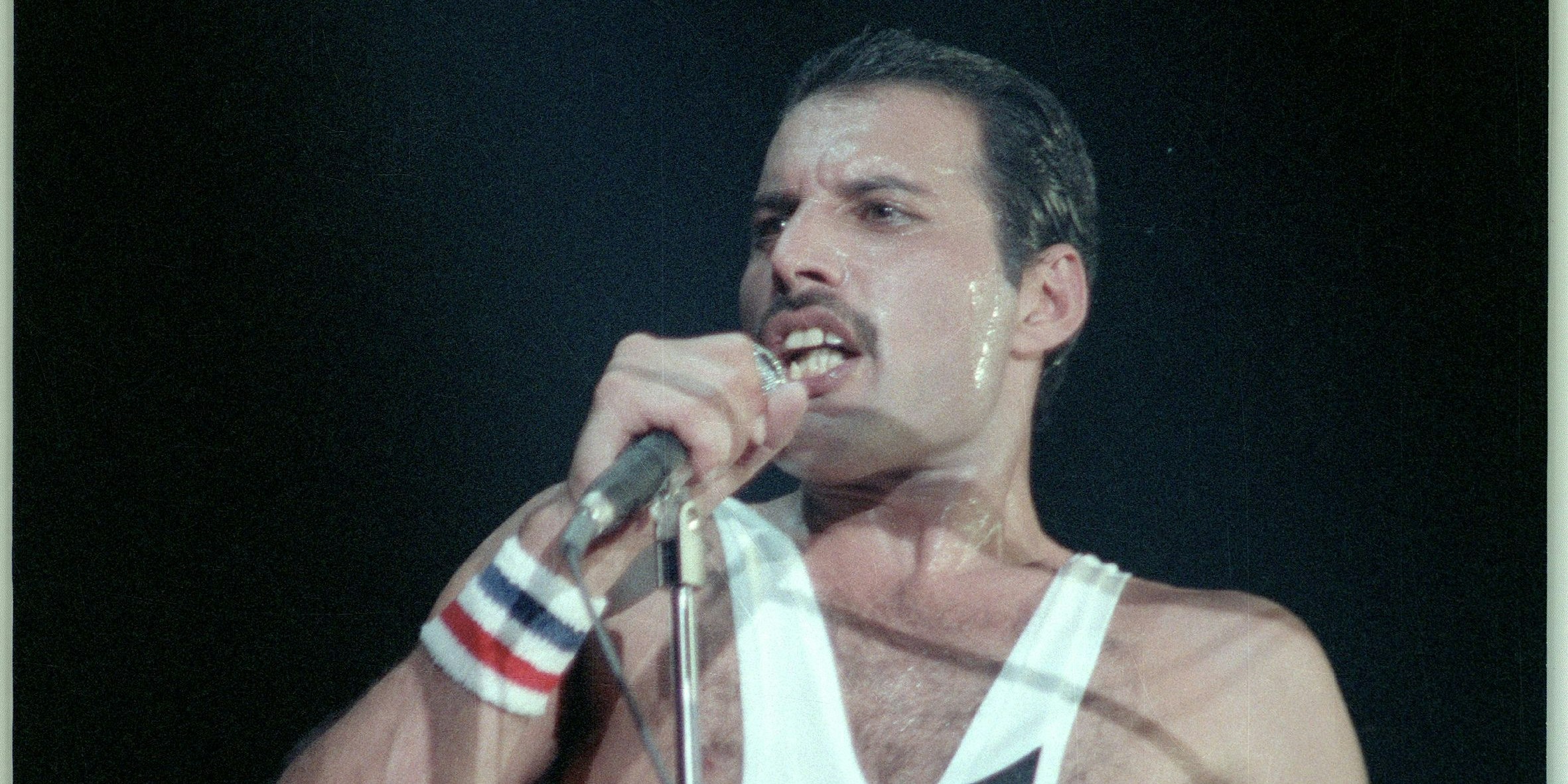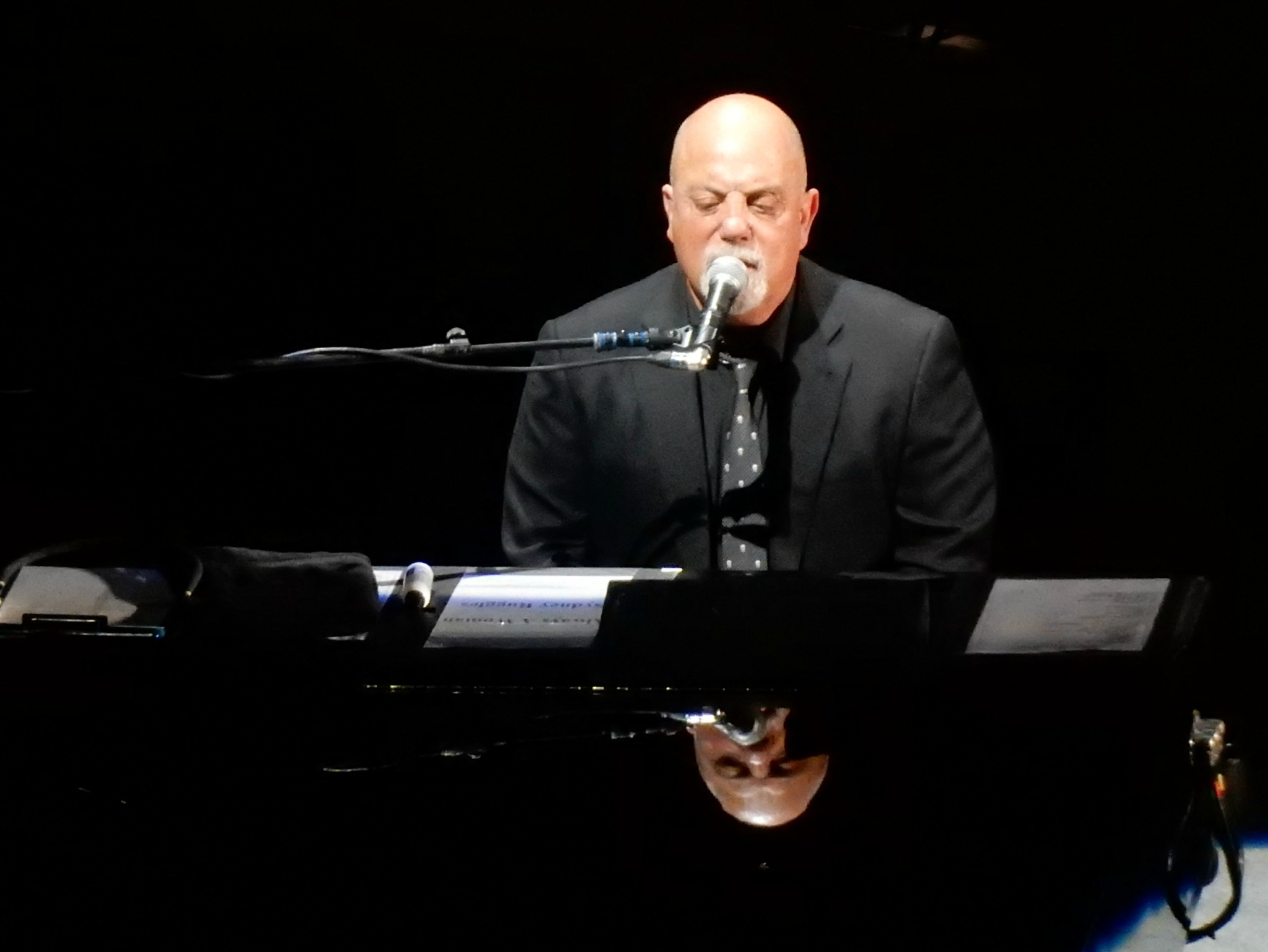Your late-night playlist isn’t just background noise—it’s conjuring invisible friends. After four years studying 600 participants worldwide, researchers at the University of Sydney have delivered the first hard evidence that music systematically triggers “imagined social interactions” that genuinely combat loneliness. This isn’t feel-good speculation anymore. It’s peer-reviewed science proving what every bedroom DJ and shower singer already suspected: music really can be good company.
The Experiment That Changed Everything
Researchers had participants imagine journeys to famous landmarks, then analyzed what happened in their minds with and without musical soundtracks.
The methodology sounds almost too simple to matter, yet it revealed profound insights. Participants visualized trips to places like the Eiffel Tower or Big Ben—sometimes in silence, sometimes with European folk music playing. Computational analysis and AI tools then dissected their mental imagery descriptions, revealing something remarkable: music consistently sparked elaborate social narratives featuring connection, warmth, and companionship.
The effect worked regardless of lyrics or vocals. Pure instrumental tracks proved just as powerful as sing-alongs at creating imaginary social worlds, positioning music as a true “social surrogate” that provides psychological benefits of imagined companionship.
Your Brain on Beats
Music activates the same neural pathways that process real social connections, triggering physiological responses similar to actual human interaction.
“Music appears to act as a catalyst for social imagination,” explains lead researcher Dr. Steffen Herff from the University of Sydney. “Even without words or voices, it can trigger thoughts of connection, warmth and companionship. Music can indeed be good company.”
The neurological explanation involves music activating emotional and social brain circuits that normally process real relationships. Your brain treats a carefully curated playlist much like it would treat hanging out with close friends, creating the same sense of belonging and emotional warmth.
From Lab to Living Room
The findings could revolutionize music therapy and provide new tools for addressing the global loneliness epidemic.
This research arrives as loneliness reaches crisis levels globally, particularly post-pandemic. The implications stretch beyond personal playlists into clinical settings where music could enhance therapy techniques requiring rich mental imagery—think PTSD treatment or exposure therapy.
The team has released their dataset of over 4,000 imagined journeys for further research, potentially opening doors to apps and interventions specifically designed to combat isolation through musical social surrogacy. While the study focused on European folk music, researchers call for exploration across genres and cultures, especially non-Western traditions.
What remains consistent: music doesn’t just soundtrack your life—it populates it with the social connections your mind creates when melodies meet imagination.


























